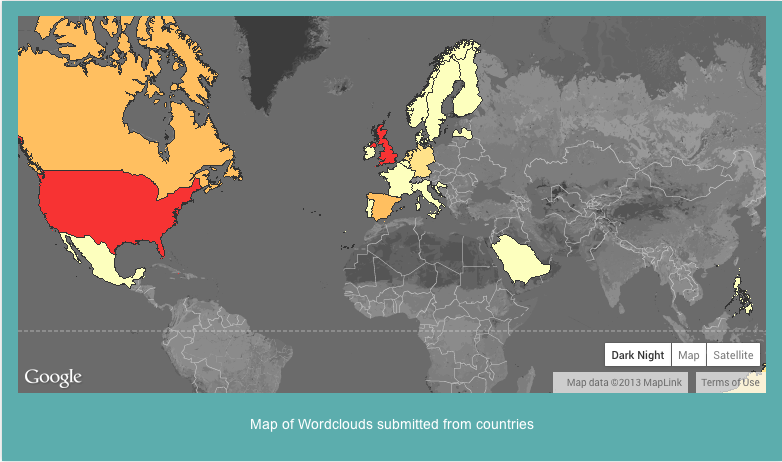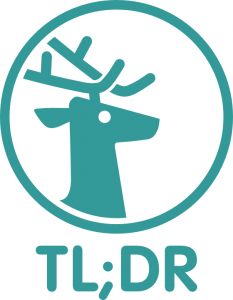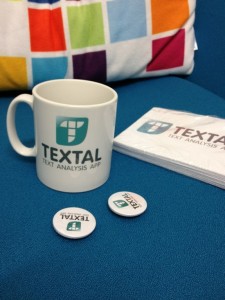Well. I’m not sure what we all at Textal Towers expected when we pressed “go public!” on the 9th July. Textal was built on an idea, a hunch, and a belief that it would be a useful addition to what is already out there for iOS… so what has happened?
Between the 9th and the 18th of July, Textal was downloaded to 429 different devices from iTunes. 17,042,109 individual words went through the Textal servers, making 419 word clouds created by 189 individual users. 6 different languages were used: most clouds were made in English, but there were also 14 in Spanish, 9 in French, and a handful in Dutch, Italian, and German. We made the top 100 apps in “Education” in two different countries – the UK, and Portugal (where we were in the top 40!). About half of the people using Textal have allowed us to see their geolocation – so look forward to a map, next blog-post around.
I’m very pleased with this. Its really hard to measure “success” when it comes to this kind of thing, but I watch the counter go up by over a million words processed every day, and think – our hunch, our idea, our belief? worth doing. At time of writing, more than 32,000,000 words have gone through Textal in the space of just a few weeks, and I’m watching the stats rack up of various clouds being looked at and shared. We very much wanted to show text analysis to a mass audience – and we have evidence to show that people are looking at, and using, the tools that we have provided. We’ve also found a few bugs, and a few usability issues that we need to address – all part of the learning curve – but that is to be expected. (If you do have any issues, please let us know, so we can fix them for you and for others).
What fun. And I think… how can we get the word out further? If you have downloaded Textal, if you are following us on twitter, please do help us to tell others.
Meanwhile, we are quietly smiling as we see people downloading, using, and talking about the app we spent so long tinkering with. Thanks!




